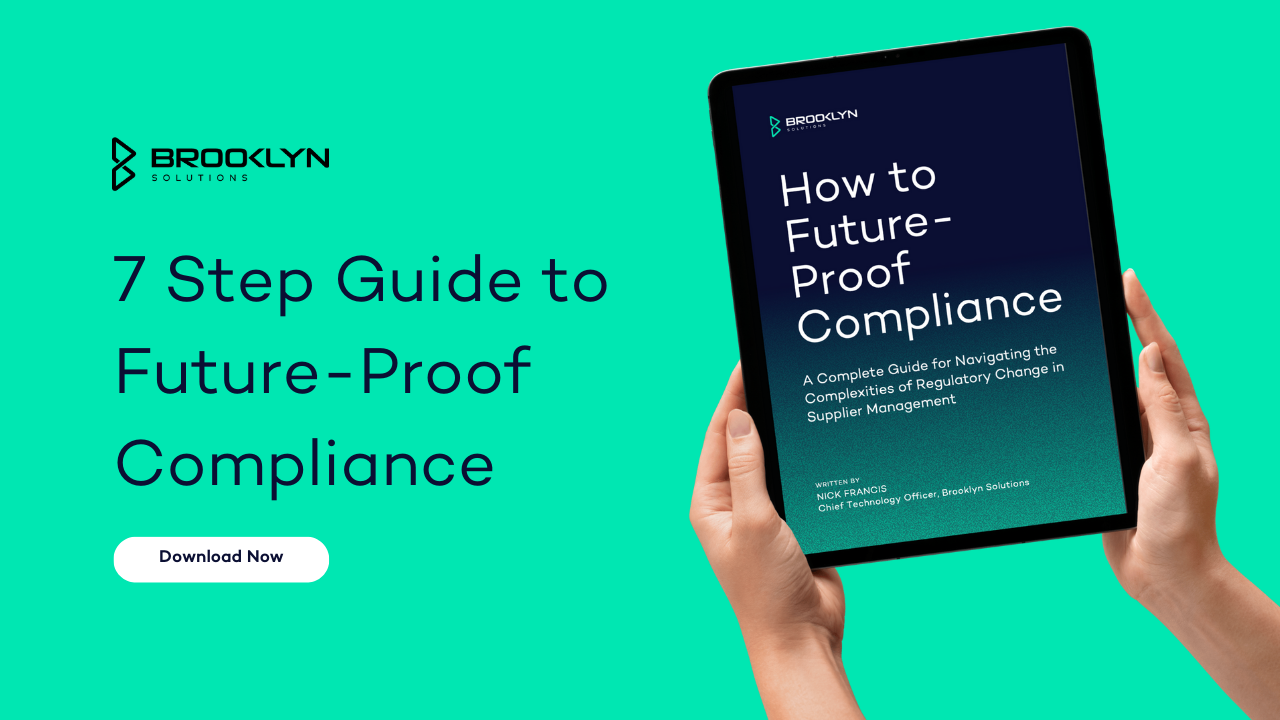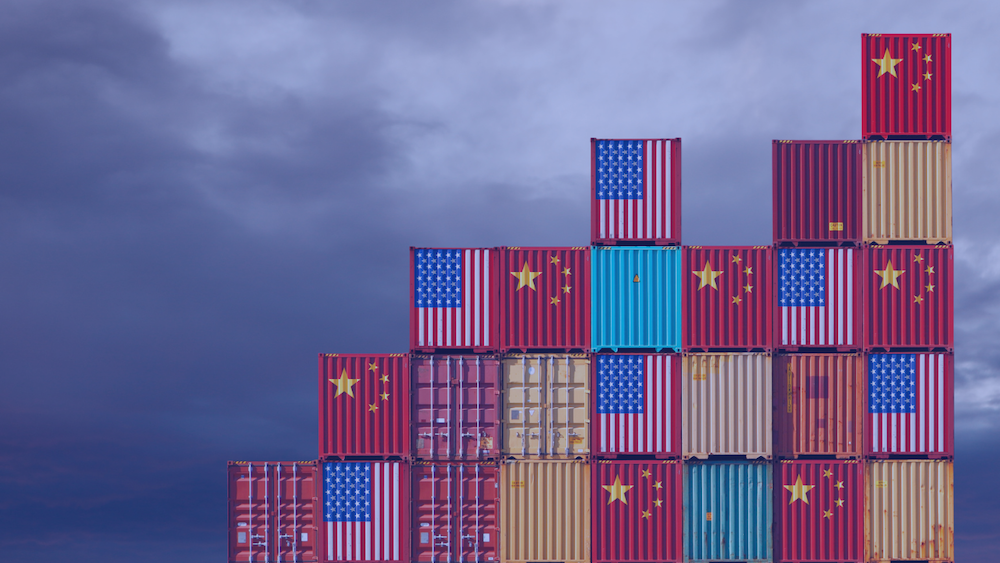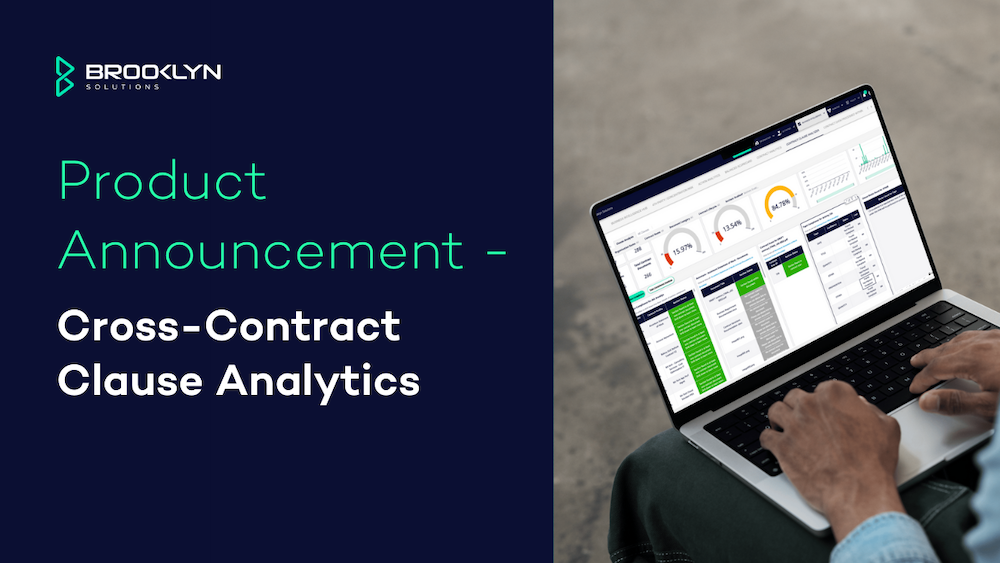Companies have witnessed the regulatory landscape undergo significant changes in recent years around vendor management. Primarily driven by increasing concerns over data security, operational resilience, and third-party risk.
Within the changes to regulatory compliance, outsourcing to third parties has placed added pressure on organisations to demonstrate rigorous governance and risk management processes.
Over the past decade, we have seen an explosion of regulations aimed at governing vendor relationships. Regulatory frameworks such as GDPR, the Digital Operational Resilience Act (DORA), and standards set by the Prudential Regulation Authority (PRA) are placing stricter demands on how companies manage their suppliers. These regulations require companies to demonstrate a clear understanding of who their key suppliers are, data management, and how they adhere to security standards.
The Compliance Challenge
Keeping pace with regulatory change is becoming an overwhelming challenge for many businesses. The complexity of vendor management has grown significantly, with organisations now required to demonstrate transparency and control over their supply chain, often across multiple regions and jurisdictions. This burden is exacerbated by the rapid evolution of rules, often with minimal time to adapt.
Traditional, manual approaches to vendor management no longer suffice. Companies are facing increased operational costs, inefficiencies, and a higher risk of non-compliance. These issues are made worse by fragmented processes and siloed data, which can result in severe penalties or reputational damage.

Would You Pass Your Next Audit?
Future-Proof Compliance
To stay ahead, businesses must rethink their approach to compliance. A future-proof compliance strategy leverages digital tools to centralise, automate, and adapt processes, enabling you to stay ahead of regulatory changes.
Future-proofing compliance isn’t about only managing today’s challenges – it’s about preparing for tomorrow’s. Organisations need to implement processes that can scale with evolving regulations, ensuring visibility, control, and compliance across their entire vendor ecosystem.
Are You Ready to Future-Proof Your Compliance?
Download our 7-step guide on How to Future-Proof Your Compliance. By embracing digitalisation and leveraging a centralised tool, organisations can streamline their compliance processes, adapt to new regulations, and ensure they are always audit-ready. In this guide, you’ll see 7 steps your business needs to take to future-proof your compliance, from improving supply chain visibility to leveraging GenAI. Download the guide today.

How to Future-Proof Your Compliance
About the Author

Nick Francis, Chief Technology and Marketing Officer at Brooklyn Solutions
Nick Francis is a well-established and experienced CxO delivering Digital & Security-focused Transformation through the design, build, and deployment of cost-effective, highly automated industry-leading solutions. Nick has experience working across the private and public sectors in industries such as Financial Services, Insurance, Legal, Utilities, Retail, Public Sector and Government.
Specialised in compliance, risk & control activities in highly regulated industries, standardisation of technologies, streamlining of internal processes and continuous improvement driving consistency and efficiency across an organisation whilst holding Customer, Colleague and Partner experience at a premium.


